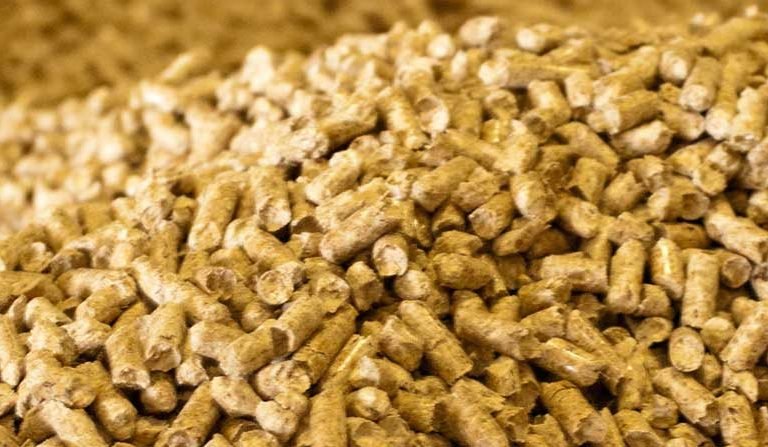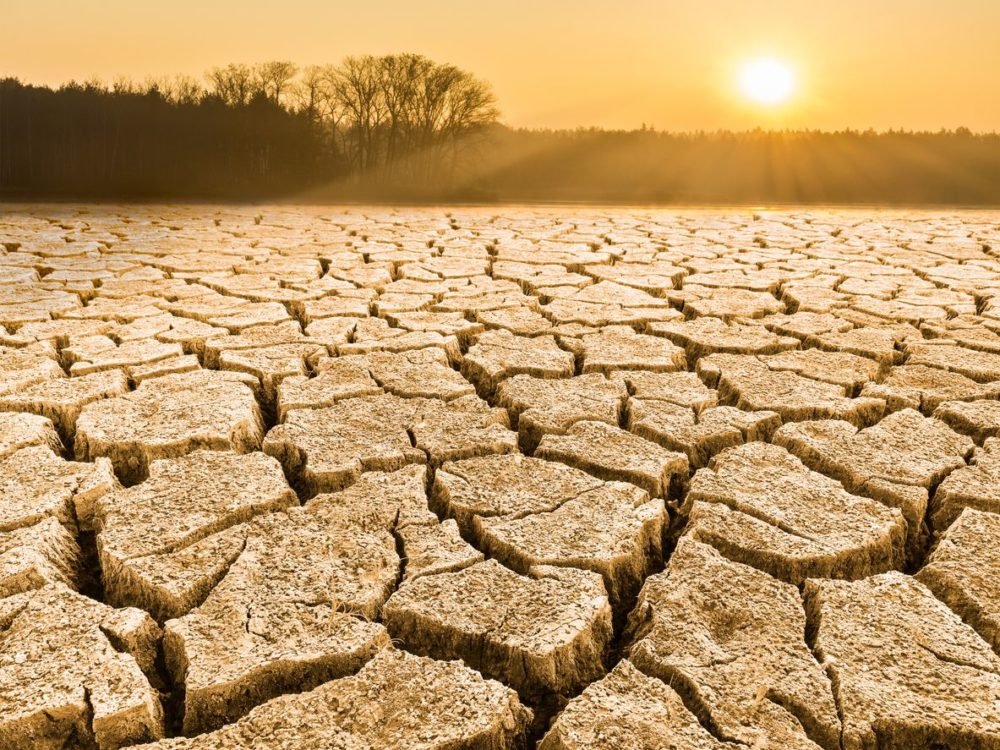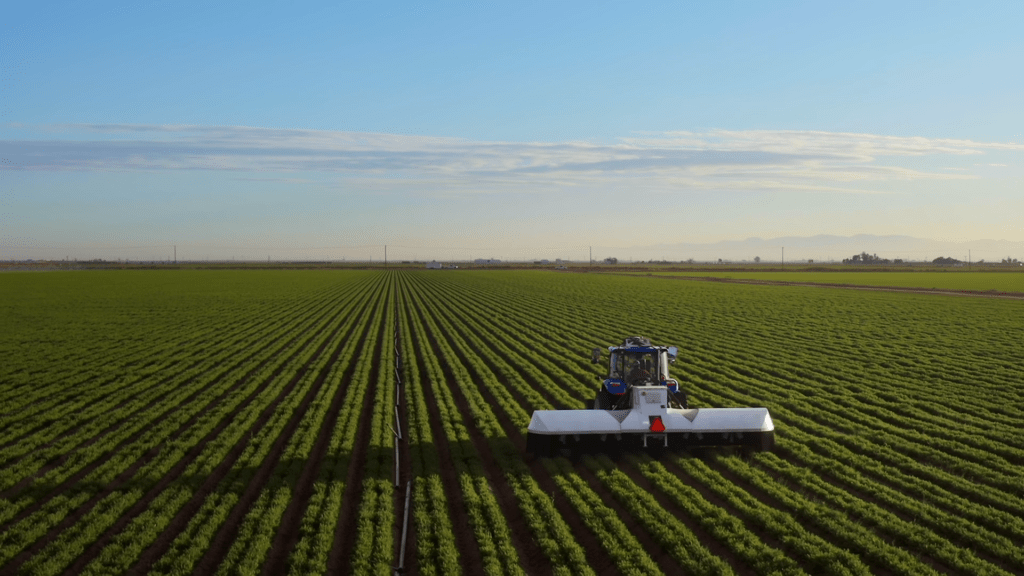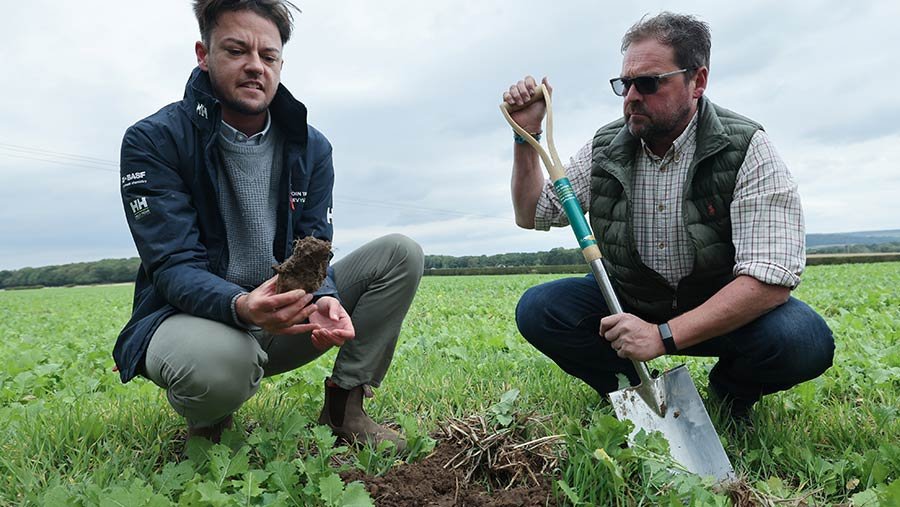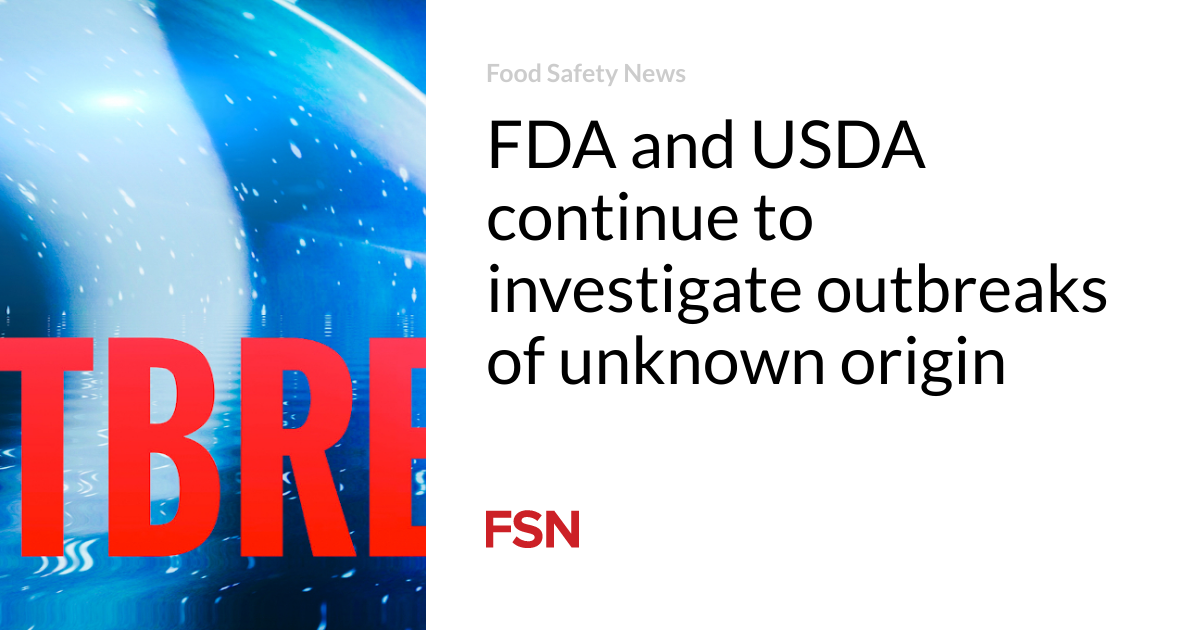- Chasing Deforestation is a series that explores the world’s most threatened forests through satellite data and reporters on the ground.
- Host Romi Castagnino travels to the central Peruvian Amazon Rainforest, where a deeply conservative religious group, known as Mennonites, has been illegally deforesting land and encroaching upon Indigenous territories to expand their agricultural fields.
- Satellite data show that Mennonite colonies are now the leading cause of large-scale deforestation in the Peruvian Amazon.
- Romi talks with leaders and members of two Indigenous communities affected by the Mennonite-led deforestation and also visits the Mennonite colony of Masisea, the one responsible for the illegal clearing.
UCAYALI, Peru — Mennonites, an ultra-conservative religious group, are illegally converting pristine forests in the Peruvian Amazon into agricultural land. They are not only threatening biodiversity but also encroaching on Indigenous territory. Satellite data show that Mennonite colonies are now the leading cause of large-scale deforestation in the Peruvian Amazon — exceeding deforestation caused by agribusiness and oil palm plantations.
In this episode of Chasing Deforestation, host Romi Castagnino travels to the central Peruvian Amazon to learn how deforestation is affecting Native communities and visit the Mennonite colony responsible for the destruction in search of answers.
After an eight-hour boat ride down the Ucayali River, Romi arrives at Lake Imiría. Its shores are home to many Shipibo-Konibo Indigenous communities that rely on its waters for fishing, cooking, bathing and drinking. For centuries, the communities have lived in relative peace, protecting their forests and relying on their biodiversity to harvest medicinal plants, timber and bushmeat.
But that changed in 2016.
Mennonites who emigrated from Bolivia in 2016 settled near two Native communities: Buenos Aires and Caimito. Within months, they rapidly began to clear forests to make way for agriculture.

Between 2017 and 2021, Mennonite colonies deforested about 4,000 hectares (10,000 acres) of Peruvian forests and encroached into the Native land of the Indigenous communities of Buenos Aires and Caimito.



Mongabay’s Latin American bureau investigations have discovered irregularities in the land titling scheme Mennonites used to purchase land from Ucayali. And what is more, satellite data discard the Mennonites’ claim that they bought already cleared land. Satellite images show that part of the deforested lands include intact primary forests.

According to researchers, the religious group follows the same pattern of colonization as in other parts of Latin America, especially Bolivia and Paraguay. Mongabay Latam recently released a comprehensive written series about the devastation Mennonites have caused in each of the Latin American countries they’ve settled in.
Mennonite colonization in Peru is a case study of how land trafficking and illegal deforestation can go unnoticed when there is regional government corruption and a lack of political will to prosecute those responsible.
At the moment, the communities of Buenos Aires and Caimito are entangled in a legal battle against the Masisea Mennonite colony. But they cling to the hope that the Peruvian government will swing in their favor, validating their communities’ rights to the land and finally putting a stop to the destruction of the Amazon Rainforest.
Special thanks to documentary photographer Cristina Hara. You can follow her work at @cristina.hara
Romi Castagnino is Mongabay’s associate digital editor, host and videographer. Find her on Twitter and Instagram: @romi_castagnino
Banner photo by Cristina Hara.


